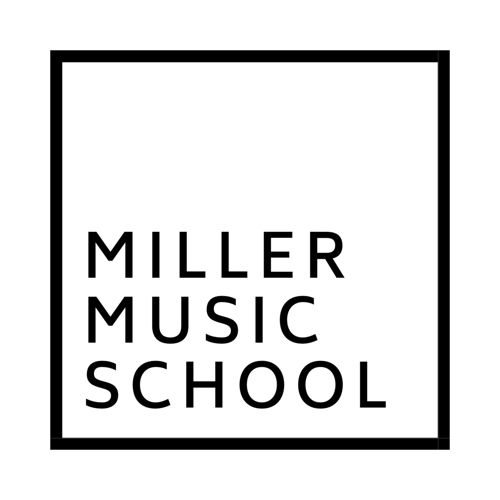What age can my child start piano?
Usually age 5 and up is recommended. If students are able to concentrate and learn for 30 minutes, they are ready for lessons. It helps if they can identify letters (reading is a plus!) and basic numbers. For those considering lessons at an older age, nobody is ever TOO old to start learning an instrument! Learning music is fun and has many benefits for everyone.
How much do lessons cost?
Our weekly tuition for lessons are listed on our Lessons page.
We accept payment in the form of card/check/cash at the beginning of each month. Invoices are sent out 7 days before the first of the month.
Which instrument should my child start with?
Piano is definitely the “go-to” instrument for younger students to start with because of the intuitive layout of the keyboard and initial straightforward technique compared to other instruments. The ease of producing a clean sound by simply depressing a piano key is much easier than bowing a violin while fingering a fingerboard. Students starting off on the piano are also able to learn the standard treble and bass clef notes and music theory which can be easily transferred to other instruments.
If a student is older, starting on any instrument would be perfectly fine. Every instrument has unique characteristics and sound quality. Students are encouraged to pursue their favorite instruments because they tend to be more diligent in their practice sessions.
What age group do you teach?
Ages 5+. You are never too old to start learning!
How long will it take to learn an instrument?
It depends on each person, ability/age and practicing dedication. Older students learn at a quicker pace than younger students. Each student will be able to play a simple song at the end of the first lesson! It will take at least 2-3 years with consistent 30 min, daily practice routine to learn basics. However, no matter how advanced a player becomes, there is always more to learn and explore! The beauty is that music is a lifelong learning process.
What will I get out of lessons?
You will receive customized lessons including: how to play, proper technique, music theory and history.
What performance opportunities are there?
Miller Music School hosts Semi-Annual formal recitals and a Master Class. During the year, students may also participate in assessments through the Music Development Program and MNTA Adjudications.
Do I need an instrument to practice on at home?
Yes! The only way to learn quickly is to have a regular practice routine at home. There are options to buy or rent. For pianists, we recommend owning an acoustic or digital piano at home.
Is there a standardized music curriculum?
Miller Music School prepares students for the Royal Conservatory Music Development Program. This program provides a recognized national standard of musical success through an effectively sequenced course of study from beginner to advanced levels. The Music Development Program inspires excellence through individual student assessments and allows students to celebrate accomplishment and track their progress with others across the country. We are very proud that our students are well-prepared and earn high marks on their assessments!
I would like to explore various musical styles. Where do I start?
There are many wonderful genres to explore in the field of music! We love to incorporate fun styles of music and learning to best-suit each students’ preferences. We do recommend students start with a basic foundation in standard music notation and theory so that they can better enjoy their favorite styles. Contact us about your musical goals and we will do our best to help you get there!
I am ready to start music lessons, what next?
Fill out our contact form. We would love to know more about YOU, your background, experience and goals! We will reach out to you and schedule a time to meet. Bring any books, songs and anything else you would like to share at the Meet and Greet.
Where can I rent/buy and instrument?
If you want the cheapest option, a keyboard with at least 61-keys that is touch sensitive for beginners ($100-$200) would be the bare minimum. Just keep in mind that students can quickly outgrow small keyboard capabilities. For more serious players, consider investing in a piano that you can use for longer. A full 88-key keyboard with weighted keys and damper pedal will give you a more “realistic” touch and sound of an acoustic piano ($600-$1,200). Another option is to buy/rent an acoustic piano. There are many options- new/used, upright/console/grand. Keep in mind that you’ll need to factor in repairs/tuning (once per year).


